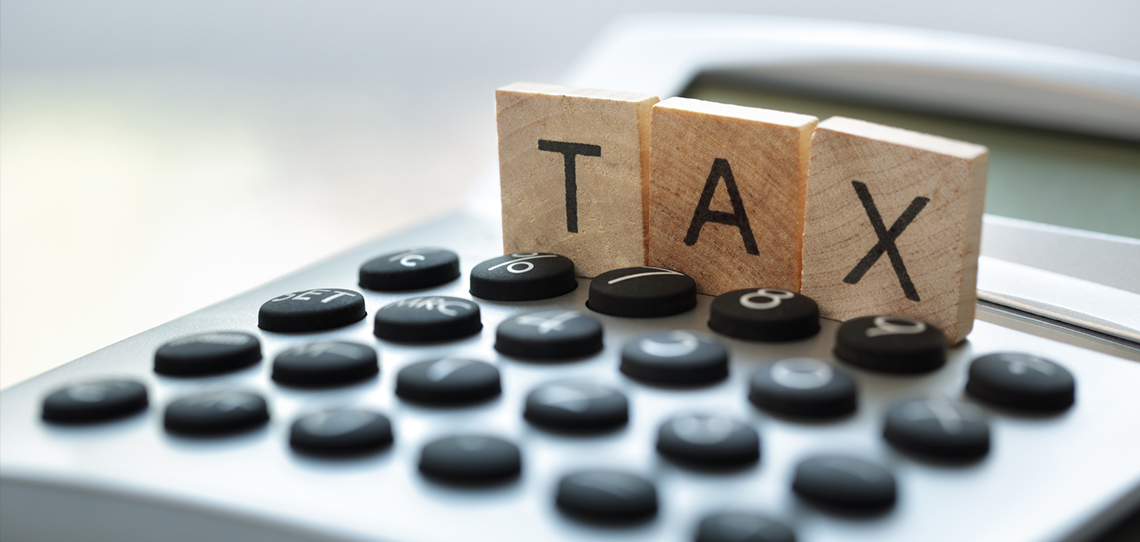Welcome to SD Management’s financial insights! As trusted advisors, we’re here to demystify the intricate world of finance and taxes. In this article, we’ll delve into the intricacies of provisional tax in South Africa, which often leaves many scratching their heads. Let’s break it down step by step, ensuring you understand what provisional tax entails and how it affects you.
Provisional Tax Unveiled
Provisional tax is like paying your taxes in advance, but it is more manageable than it might sound. It’s a system designed to ensure that individuals and businesses make regular payments towards their estimated annual tax liability rather than facing a hefty bill at year-end. This consistent approach supports the government in managing its revenue stream effectively.
Who’s in the Provisional Tax Boat?
- Sole Proprietors and Freelancers: If you’re your own boss and earn above a certain threshold, you’re likely in the provisional tax pool. This includes professionals like consultants, artists, and writers.
- Business Owners: Companies, trusts, and closed corporations are also provisional taxpayers. Provisional tax is a consideration if your entity generates income and falls within the corporate tax bracket.
- Other: If you receive taxable income exceeding R30 000 from interest, dividends, foreign dividends, rental from letting fixed property or remuneration from an employer that is not registered for employees’ tax.
Nitty-Gritty: Payment Dates
Stay on the ball with payment dates to avoid any unnecessary hiccups. South Africa’s provisional tax system includes two payment periods:
- First Payment: Due six months into the financial year (on or before August 31st for all individuals and corporates with a February year-end) and,
- Second Payment: As the financial year wraps up (this payment is due by February 28th for all individuals and corporates with a February year-end).
Crunching the Numbers
Calculating provisional tax involves estimating your annual taxable income and then applying the relevant tax rates. It’s crucial to be accurate – underestimating leads to penalties, while overestimating might mean overpayment.
Remember, certain tax credits and allowable deductions can help reduce your provisional tax liability. Consult a financial professional if navigating these calculations feels daunting.
Sailing through the Process
- Registering for Provisional Tax: If you’re a provisional taxpayer you merely activate your provisional tax profile on efiling and submit a return. No special registration is required. It is possible to be a provisional taxpayer in 1 year and not the next.
- Precise Estimations: Project your income, expenses, and deductions diligently. Accurate estimations lay the foundation for smooth provisional tax calculations.
- Stay Current: Tax laws evolve, and what’s applicable today might change tomorrow. Stay informed about updates to ensure compliance.
- Professional Guidance: When in doubt, lean on financial advisors specialising in tax matters. Their expertise can steer you through the process confidently.
Unlocking Your Financial Confidence
Provisional tax is no longer a puzzle to solve – you’ve got the keys to understanding this crucial aspect of South Africa’s tax landscape. At SD Management, we’re dedicated to empowering you with knowledge that paves the way for financial success.
Ready to navigate the provisional tax journey seamlessly? Let’s connect at SD Management and steer your financial ship toward prosperity! Remember, a solid understanding of your financial obligations is the cornerstone of a secure financial future.

